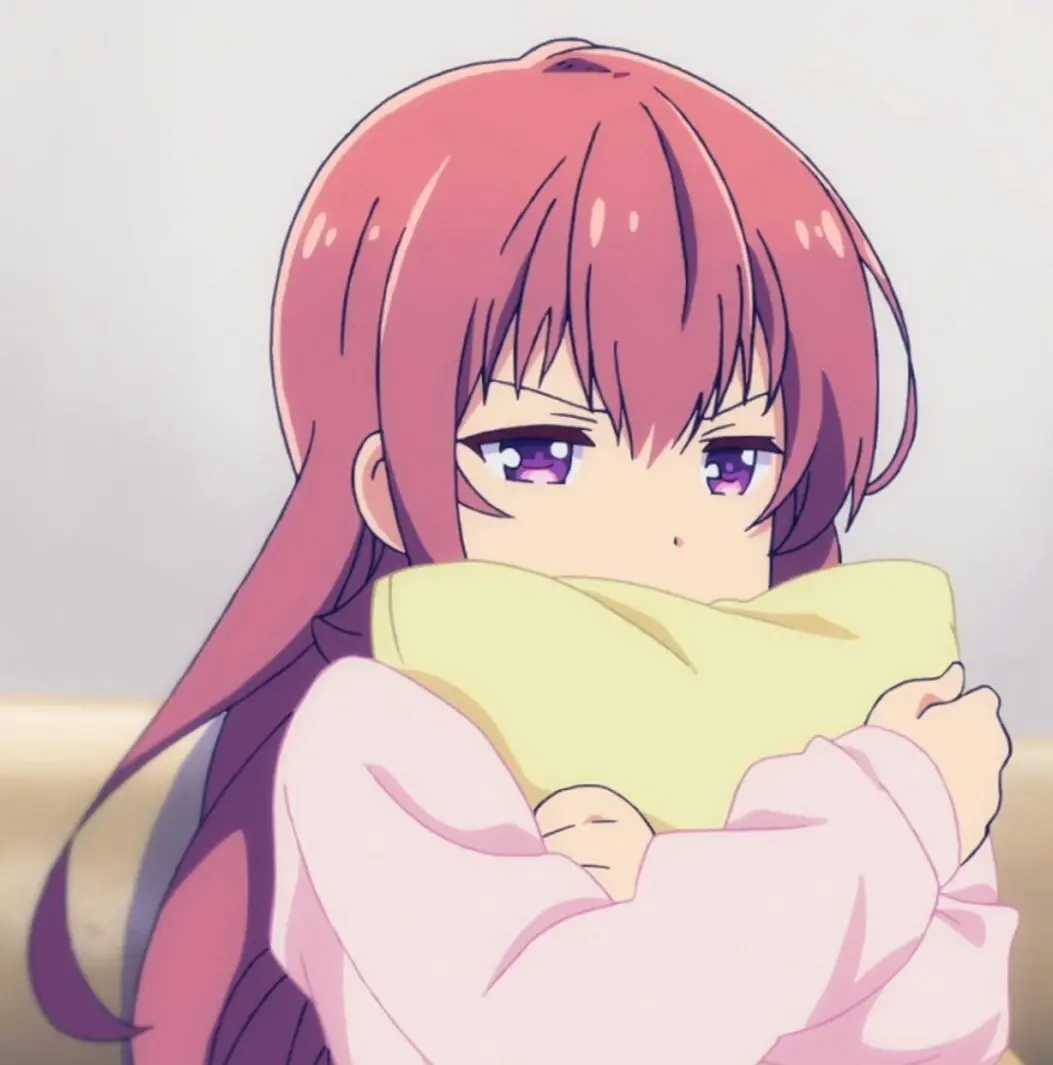

The stylophone is probably not a very good choice if you actually want to make a musical track, it’s quite a bit limited.
Also, please don’t assume that hardware is simpler than plugins. A lot of hardware has plenty of menu diving or arcane shortcuts due to the limited hardware controls, tiny (or absent) screens etc. You should be looking at “one knob per function” devices.
If you just want to explore a bit and make tracks, get a groovebox l. If you are looking to dive into synthesis and a bit of sound design, look at the Arturia Microfreak.










But then you’d have no additional incentive to throw your perfectly fine 8 Pro in the trash and buy the 10.